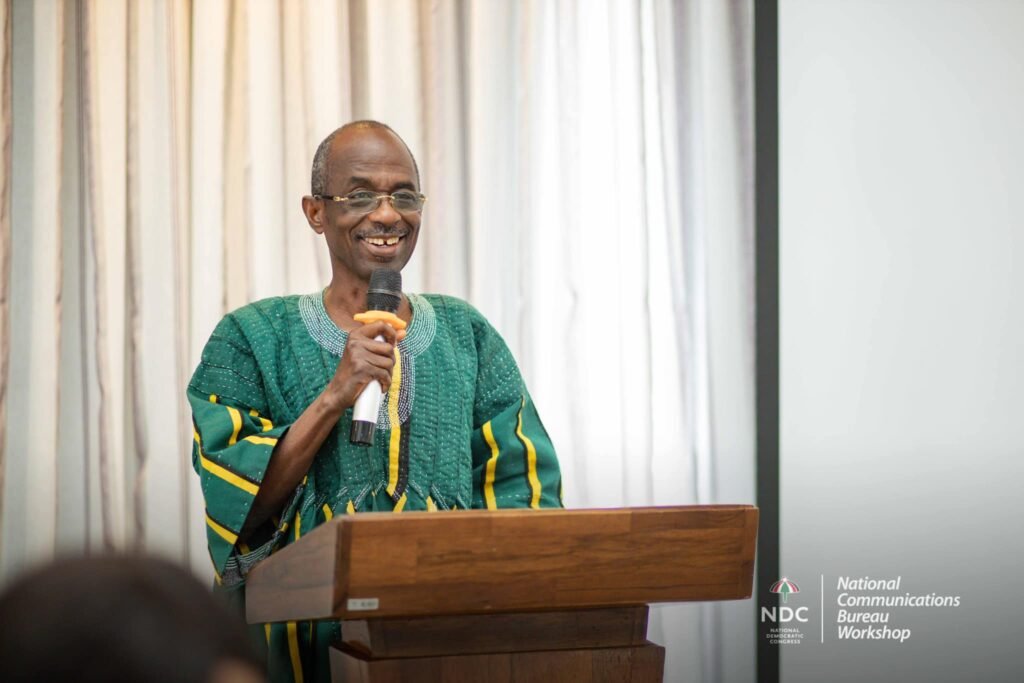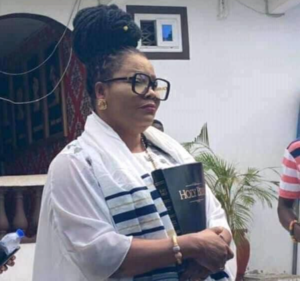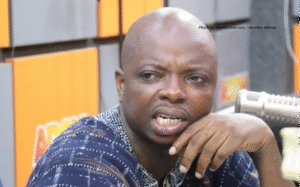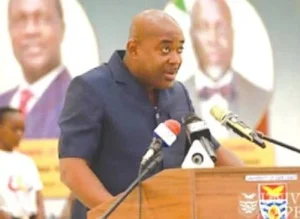
Johnson Asiedu Nketiah, National Chairman of the NDC
The National Democratic Congress (NDC) finds itself navigating a maze of uncertainty as key figures within the party strive to provide coherent explanations for their proposed 24-hour economy initiative. This ambitious plan, aimed at fostering round-the-clock economic activity, has sparked skepticism and raised eyebrows due to a lack of detailed strategies and elucidation.
Former President and NDC flagbearer, John Dramani Mahama, initially introduced the concept of a 24-hour society during discussions with the Trade Union Congress on November 7, 2023, as part of his Building Ghana tour. In an extensive presentation, Mahama outlined the NDC’s vision, which included advocating for a 24-hour economy to drive job creation, enhance productivity, and propel economic progress.
We intend to implement a 24-hour economy, identify and promote strategic growth areas such as IT with a targeted $3 billion investment and drive an aggressive infrastructure development under our BIG PUSH plan. We will shift attention from the macroeconomy to the micro and focus on growth in the real sector instead of just macroeconomic stability.’ Mahama told TUC.
However, party chieftains have faced mounting pressure to explain the intricacies of their proposal. Despite their efforts to do so on various platforms, their explanations have been met with criticism and skepticism from some section of the public.
Critics have seized upon the ambiguity surrounding the initiative, expressing concerns about its practicality and feasibility across different sectors and regions. Questions have been raised about logistical challenges, infrastructure requirements, and financial implications, casting doubt on the NDC’s readiness to implement such a significant economic policy.
Despite assurances from NDC leaders about the potential benefits of the 24-hour economy, the absence of a comprehensive roadmap and concrete plans has left many unconvinced. The failure to address these concerns convincingly has further fueled skepticism about the initiative’s viability.
In response to growing pressure for clarification, National Chairman Asiedu Nketiah, Felix Kwakye Ofosu, and former Gender Minister Nana Oye Bampoe Addo, have all attempted to explain the initiative, falling short of fully satisfying critics’ expectations.
The challenge of dispelling doubts and providing reassurances about the feasibility of the 24-hour economy initiative remains a hydra-headed hurdle for the party.
Chairman Nketiah views the 24-hour economy as involving reduced electricity tariffs for high-consuming users like welders, enabling them to operate during nighttime hours at lower rates, potentially revolutionizing the Ghanaian economy.
Nana Oye Bampoe Addo sees the 24-hour economy as extending working hours beyond the traditional 9-5 timeframe, proposing operational hours from 7:00 pm to 1:00 am and from 1:00 am to 6:00 am. She believes this extension will create more job opportunities, utilize more resources, generate higher revenue, and increase production for export.
Felix Kwakye Ofosu envisions stimulating demand for ‘Waakye’ vendors to operate beyond 6:00 pm as part of the 24-hour economy plan. He is committed to implementing this initiative if elected, aiming to boost demand further beyond existing sales after 6:00 pm.
As the debate over the NDC’s 24-hour economy proposal continues, all eyes are on the party’s leadership to deliver on their promises of economic revitalization and prosperity. However, until concrete plans are presented and doubts dispelled, the fate of the NDC’s ambitious economic vision remains uncertain.






